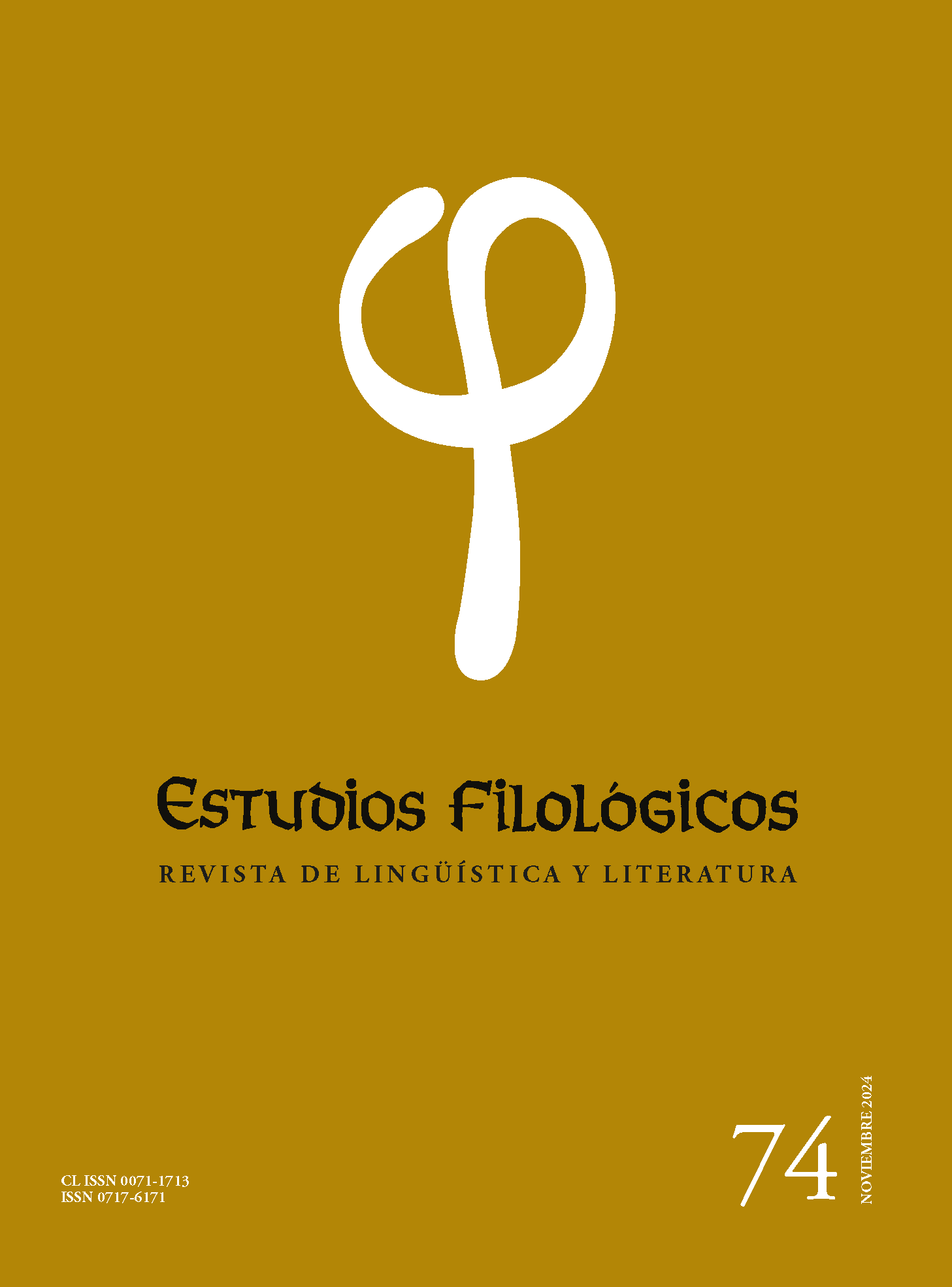Duration of Chilean Spanish voiceless stops in typically developed speakers and those with Parkinson’s disease
Main Article Content
Abstract
The objective of this study was to compare the absolute duration, relative duration and the index relative to the duration of the syllable (IREDUS, by its acronym in Spanish) of /p-t̪-k/ between people with Parkinson’s disease (PD) and typically developed people, and contrast these acoustic indices in the first three stages of this disease. Fifteen people with PD and fifteen typically developed people participated. The 30 participants, all Chilean Spanish speakers, were paired by age, sex and educational level. Although the absolute duration was systematically longer in people with PD, there was not a statistically significant difference with the group of typically developed people. In general, the measurement of the relative duration and IREDUS of /p-t̪-k/ were similar in both groups. Lastly, there were significant differences when comparing the relative duration of /t̪/ and IREDUS of /t̪/ and /k/ in the first three stages of PD.

